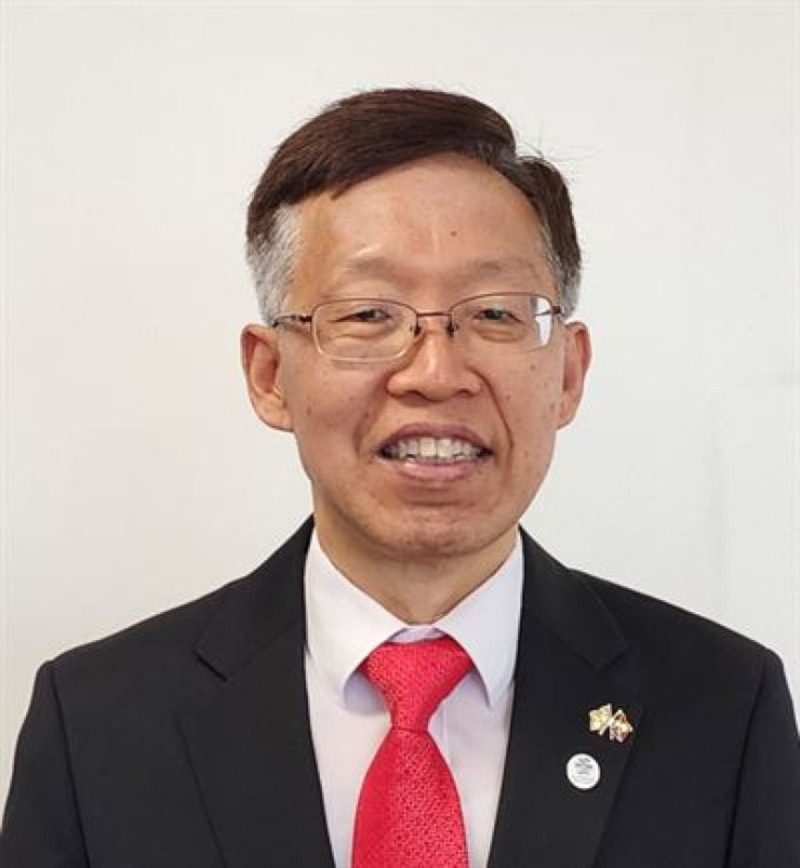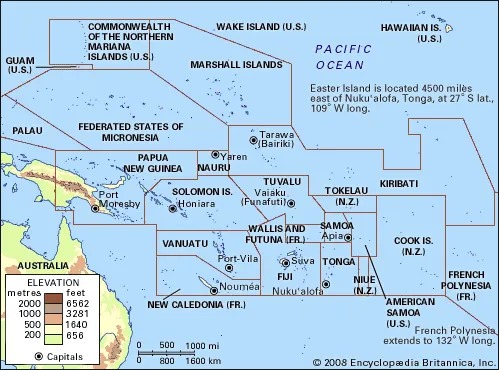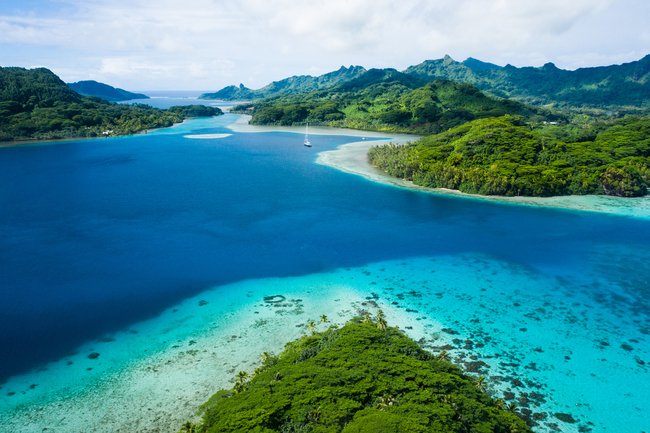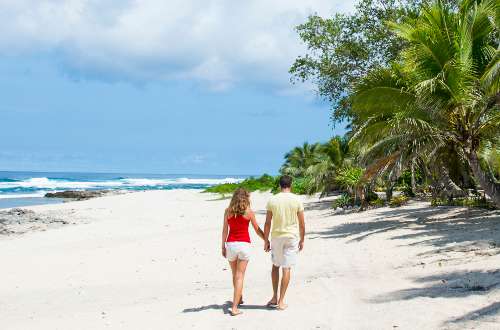
Richard Butler | Exclusive Report by Korea Times | APRIL 27th, 2023
Within the vast expanse of the Pacific Ocean, there are numerous island nations. We commonly refer to a total of 14 countries, including Papua New Guinea in which I currently reside. Papua New Guinea’s territory is twice the size of the Korean Peninsula, and there are also small countries like the Republic of Nauru with a population of about 10,000.
The Pacific Island countries are divided into three regions: Melanesia, Micronesia, and Polynesia, based on geographical and cultural characteristics.
In the Melanesian region near the equator, there are four distinct nation-states, namely Papua New Guinea, Fiji, Solomon Islands, and Vanuatu. In the Micronesian region of the North Pacific, five sovereign states can be identified ― Palau, Federated States of Micronesia, Republic of Nauru, Marshall Islands, and Kiribati. Within the Polynesian region of the South Pacific, there are five countries: Tuvalu, Samoa, Tonga, Niue, and Cook Islands.
In 1971, 14 Pacific Island nations along with Australia and New Zealand founded the Pacific Islands Forum (PIF) for addressing matters of mutual concern, including economic development and regional cooperation. Since then, two French self-governing territories ― French Polynesia and New Caledonia ― have been added as members of the PIF.
The Pacific Island countries are beset with a multitude of challenges, foremost among them being the issue of climate change. Recently, I paid a visit to Vanuatu. I am currently serving as the ambassador of Papua New Guinea as well as the neighboring countries of the Solomon Islands and Vanuatu.
In early March, two large cyclones struck Vanuatu within a three-day interval. Over 80 percent of the total population of Vanuatu suffered severe damage, prompting the Vanuatu government to declare a state of emergency for six months to facilitate recovery efforts. Disruptions to the supply of essential utilities such as electricity, water, and communication networks continued for a considerable period, and many houses were severely damaged.
Last week, although most of Port Vila, the capital of Vanuatu, appeared to be returning to normal, fallen trees were readily noticeable.

It has been reported that our Korean community has also suffered considerable losses. In support of the recovery initiative, the Korean government provided $200,000 in aid to the Vanuatu government for recovery. Experts attribute the escalating frequency and much-amplified magnitude of cyclones in the South Pacific region to climate change.
South Pacific countries are experiencing direct damages from climate change, such as losing their habitats due to rising sea levels. Correspondingly, the Pacific Island countries have been persistently imploring the global community to collaborate and resolve the threats associated with the climate change.
The government of Vanuatu has declared its commitment to achieving carbon neutrality by the year 2030. During a recent meeting held in the capital city of Port Vila, the Vanuatu minister of environment revealed to me that the country is actively pursuing measures such as a transition toward renewable energy industries like solar and wind power to mitigate the dangers posed by climate change. The minister appealed for support to the international community, including the Republic of Korea.
Efforts to overcome climate change are also underway in Papua New Guinea. Construction of hydroelectric power plants is steadily progressing, and the EU recently proposed a forestation project to Papua New Guinea. In addition, geothermal, biomass, solar, and green hydrogen projects are slowly starting. Korean companies are also watching the situation with interest, and especially in the forestation project, we can expect more progress.
The Pacific Ocean region is rich in marine resources; I believe that South Korean deep-sea fishing vessels are engaged in fishing operations somewhere in the Pacific today. There are also abundant underground resources in the region. Take Papua New Guinea as an example. Liquefied natural gas (LNG) and mineral resources serve as the core of the Papua New Guinea’s economy. It is estimated that there are more than 200 trillion won worth of natural gas reserves in Papua New Guinea. Since the production of LNG began in 2014, Papua New Guinea is now exporting 8.5 million tons of LNG annually. Following the first phase, the development project is currently in the second phase, and additional projects are expected to be pursued.
Furthermore, the mineral resources of Papua New Guinea hold significant importance. Papua New Guinea’s four major minerals are gold, copper, nickel, and cobalt. The Lihir gold mine located in the New Ireland region of Papua New Guinea ranks among the top 10 gold mines in the world. Additionally, nickel and other minerals are essential raw materials for the secondary battery industry. Given the growing intensity of competition among nations for securing natural resources, the interest in Papua New Guinea’s natural resources is likely to rise.

President Yoon Suk Yeol will host the first Korea-Pacific Islands Summit on May 29 in Seoul, inviting all members of the PIF. Since 2011, the Republic of Korea has been strengthening its cooperation with the Pacific Islands through the Korea-Pacific Islands Foreign Ministers’ Meeting. At the fifth meeting held in Busan last October, the council was upgraded to the summit level.
The theme of the upcoming summit is “Navigating towards Co-Prosperity: Strengthening Cooperation with the Blue Pacific.” It is expected to significantly expand practical cooperation between the Republic of Korea and the Pacific Island countries and discuss methods to enhance global cooperation.
I expect that practical cooperation across a broad range of areas, including cooperation for the development, economic recovery, climate change, and ocean fisheries, will be explored, as the government of the Republic of Korea will expand its role in this region, too, as a responsible global pivotal state.
The Republic of Korea and the Pacific Island countries are neighbors that share the Pacific Ocean. Despite being distant geographically, the Pacific Island countries hold much interest and expectation toward the Republic of Korea. Pacific Island countries hold the Republic of Korea in high regard as the country has grown into one of the top 10 economies in the world and an exemplary democratic country. They also hope to cooperate with the Republic of Korea on addressing various regional challenges such as climate change and maritime security and current international issues. I sincerely welcome the leaders of the Pacific Island countries who will visit the Republic of Korea and look forward to sailing together toward a prosperous future of the Pacific era.
Kang Ho-jeung is the Korean ambassador to Papua New Guinea.





